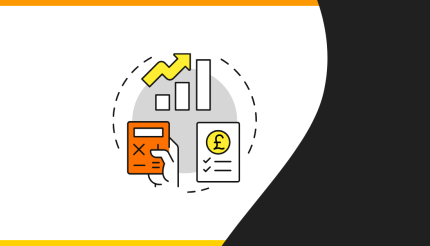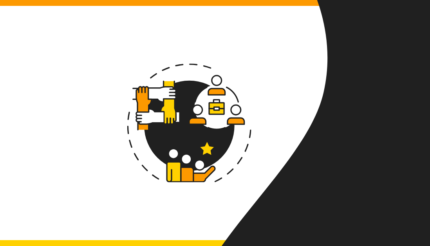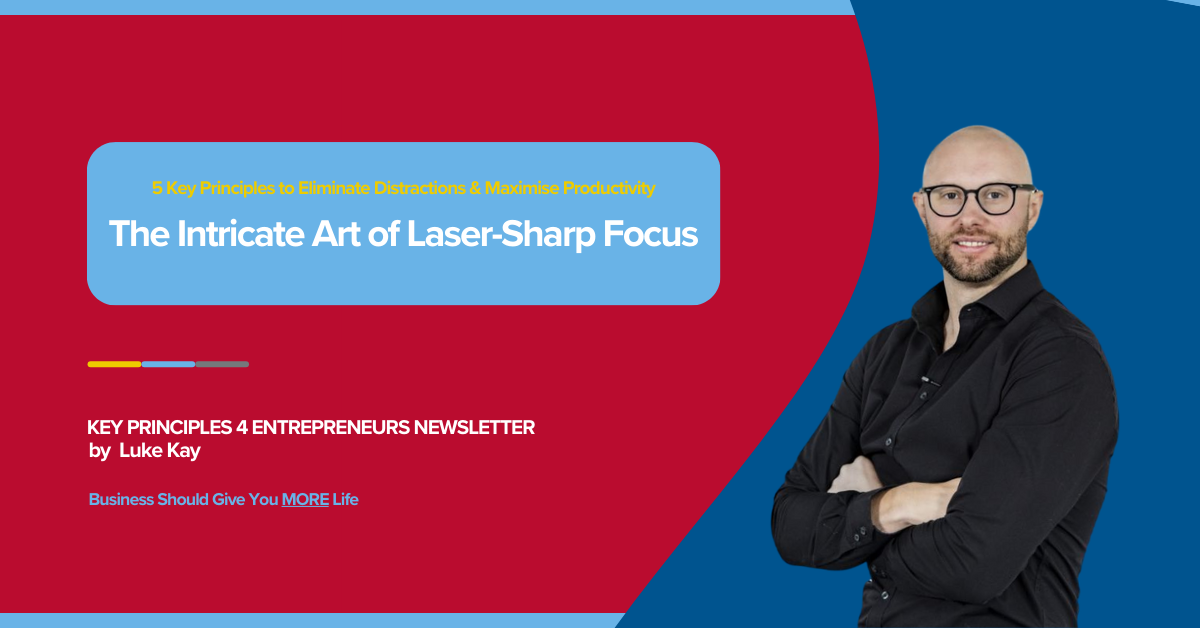
In today’s hyper-connected world, the ability to focus deeply is becoming increasingly rare – and increasingly valuable.
For entrepreneurs, mastering the art of focus can be the difference between merely surviving and truly thriving.
Let’s explore how to eliminate distractions and maximise productivity in the fast-paced business landscape.
Key Principle #1: Create a Distraction-Free Environment
Your physical environment plays a crucial role in your ability to focus. Successful entrepreneurs design their workspaces to minimise distractions and maximise concentration.
Designate a specific area for focused work. Use noise-cancelling headphones if you’re in a shared space. Experiment with different environments to find what works best for you.
Key Principle #1 Case Study: Rohan Silva’s Second Home
Rohan Silva, former senior policy adviser to David Cameron and co-founder of Second Home, has built a business around the concept of optimised work environments.
Second Home’s workspaces are designed to boost productivity and focus, with features like soundproof phone booths, abundant natural light, and design.
Silva’s understanding of the impact of environment on focus has not only created a successful business but also improved the productivity of countless UK entrepreneurs and professionals.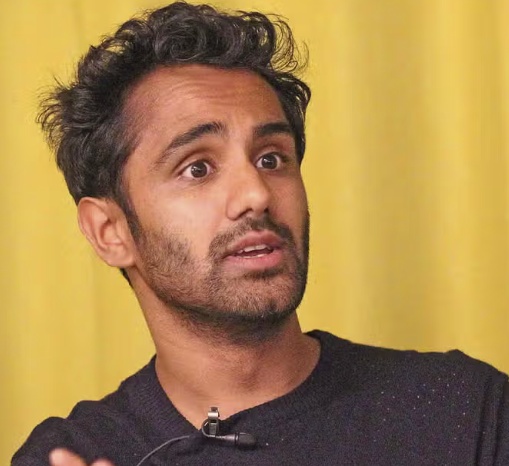
Key Principle #2: Implement Deep Work Sessions
Carve out dedicated time for uninterrupted, focused work on your most important tasks.
Use techniques like the Pomodoro method (25 minutes of focused work followed by a 5-minute break).
Schedule deep work sessions in your calendar and treat them as non-negotiable appointments.
Key Principle #2 Case Study: J.K. Rowling’s Writing Discipline
While primarily known as an author, J.K. Rowling is also a successful entrepreneur, having built a multi-million pound brand around her Harry Potter series.
Rowling is known for her disciplined approach to writing, often secluding herself in a hotel room to focus deeply on her work.
This ability to eliminate distractions and focus intensely for long periods was crucial in creating the rich, detailed world of Harry Potter that captivated millions and spawned a global business empire.
Key Principle #3: Master Digital Minimalism
In our digital age, online distractions can be the biggest threat to focus and productivity.
Use website blockers during focus sessions. Turn off non-essential notifications on your devices. Practise regular digital detoxes to reset your relationship with technology.
Key Principle #3 Case Study: Rory Sutherland’s Analogue Hour
Rory Sutherland, Vice Chairman of Ogilvy UK and a prominent figure in the advertising industry, advocates for what he calls an “analogue hour” each day.
During this time, Sutherland disconnects from all digital devices and focuses on thinking, reading physical books, or having face-to-face conversations.
This practice, he claims, has been crucial for his creative thinking and problem-solving abilities, contributing to his success in the fast-paced advertising world.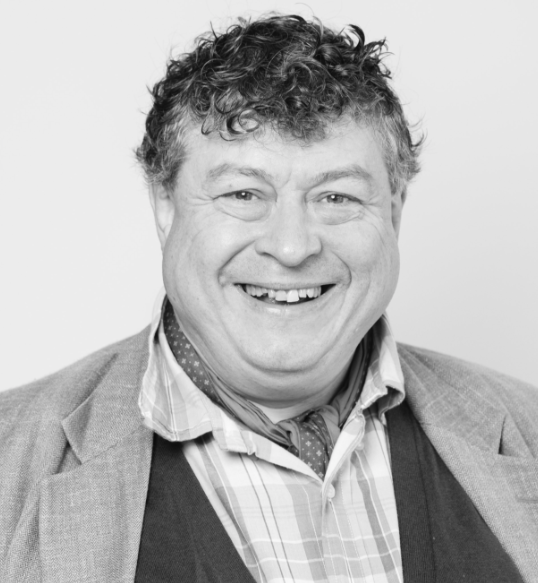
Key Principle #4: Prioritise Ruthlessly
Not all tasks are created equal. High-performing entrepreneurs are skilled at identifying and focusing on high-value activities.
Use techniques like the Eisenhower Matrix to categorise tasks based on urgency and importance. Focus on completing your Most Important Task (MIT) early in the day.
Key Principle #4 Case Study: Lord Sugar’s Task Delegation
Lord Alan Sugar, founder of Amstrad and star of The Apprentice, is known for his ruthless prioritisation and delegation skills.
Sugar famously focuses his time and energy on high-level strategic decisions and key negotiations, delegating or eliminating lower-value tasks.
This ability to prioritise has allowed him to successfully manage multiple businesses simultaneously throughout his career.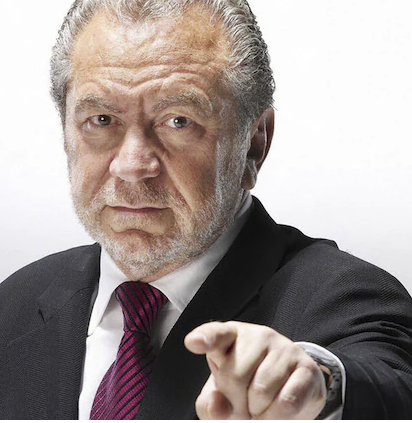
Key Principle #5: Practice Mindfulness
Mindfulness isn’t just for relaxation – it’s a powerful tool for improving focus and concentration.
Incorporate short mindfulness exercises into your daily routine. Practise mindful working, bringing full attention to the task at hand.
Key Principle #5 Case Study: Michael Acton Smith’s Calm App
Michael Acton Smith, co-founder and co-CEO of Calm, has built a billion-dollar business around the concept of mindfulness and focus.
Acton Smith practises what he preaches, using mindfulness techniques to maintain focus in his high-pressure role. The success of Calm demonstrates the growing recognition of mindfulness as a crucial tool for productivity and focus in the business world.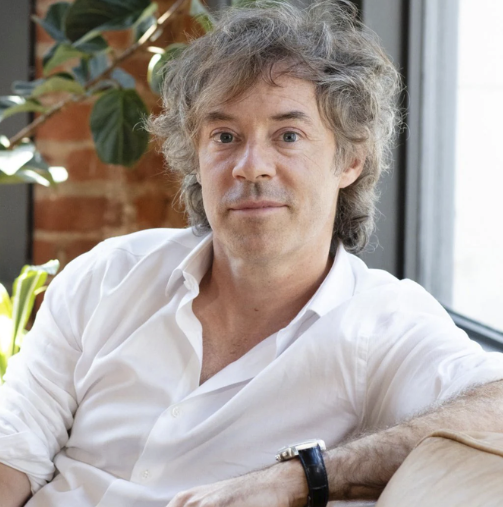
Implementing Your Focus Strategy
Mastering the art of focus is an ongoing process. Here are some steps to get started:
-
Audit your current work environment. Identify and eliminate potential distractions.
-
Schedule daily deep work sessions in your calendar.
-
Implement a digital minimalism strategy, starting with turning off non-essential notifications.
-
Use the Eisenhower Matrix to prioritise your tasks for the coming week.
-
Start a daily mindfulness practice, even if it’s just for 5 minutes a day.
Remember, focus is like a muscle – the more you exercise it, the stronger it becomes.
What’s one distraction that, if eliminated, could significantly increase your productivity and business performance?
Would you like to master the art of focus and skyrocket your productivity?
Book a FREE Business Discovery Call today.
We’ll analyse your current work habits, identify key distractions, and develop a customised strategy to enhance your focus and productivity.
Don’t let distractions derail your success – let’s unlock your full potential through the power of focused work!
Events
We hold events on a monthly basis as part of our Business Growth Academy and 1-2-1 Business Coaching.
If you want to attend one of our events for FREE and meet the rest of the entrepreneurs in our business growth community then please feel free to check out our events page or book onto our next ActionCOACH Business Growth workshop or our Annual Strategic Planning Day – Kickstart to 2025 by clicking on our events page here.


